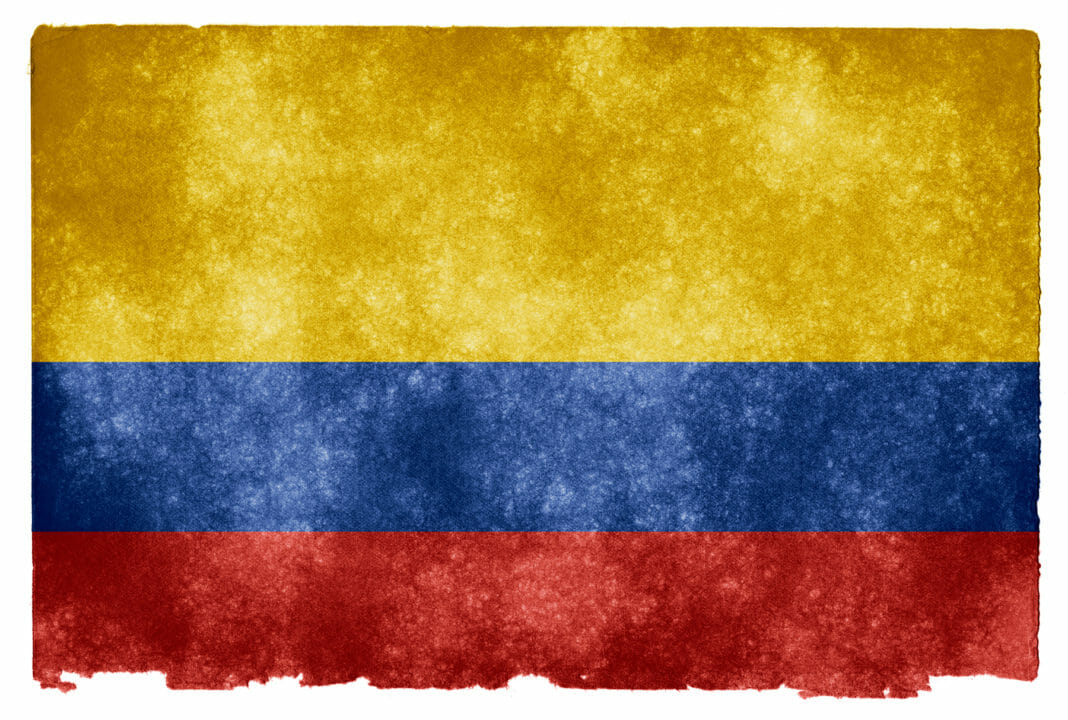Blockchain-based digital badges are beginning to be issued in the South American country. This method allows for certifying professional talents and skills.
Three percent of Colombian higher education institutions are issuing blockchain-registered diplomas. Universities such as Rosario, Externado, El Bosque, Universidad Pontificia Javeriana, Universidad Autónoma de Bucaramanga, and Universidad de la Costa are already using this method to validate the requirements that their graduates must meet to conduct their professional work.
Tito Crissien, President of Universidad de la Costa, stated that digital badges with blockchain security are something new in universities, particularly in Latin America. Few are using them in Colombia, where possibly no more than 10 out of a total of 300 educational institutions are already actively using the badges, according to local media.
Anabella Laya, CEO, and Co-founder of Acreditta noted that EAFIT University will soon have digital badges, as well. Blockchain-registered diplomas or digital badges allow highlighting professional skills, regardless of whether graduates acquired them as part of an education program in progress or a short course. These documents can certify talents, professional skills, or achievements and are awarded on specific skills so that potential employers can easily identify them.
The Colombian company Acreditta provides this service to some educational institutions in the country, through Credly’s Acclaim platform. In turn, Acclaim is connected to the IBM Talent Match Service, which enables employers around the world to find talent or verify the achievements of people with a digital credential registered in the system.
The National University, which administers its system, launched last year a pilot plan to validate the certification of academic documents. For its part, the EAN University in Colombia implemented the system more than four years ago. From then until last year, it granted blockchain-registered diplomas to more than 2,000 graduates, with the support of the firm Thomas Signe S.A.S.
Blockchain-based digital badges are the future, rather than physical or scanned certificates. The latter will be somewhat obsolete when applying for a job, according to a report that the ICDE Working Group published in 2019 regarding the present and future of alternative digital credentials (ADC).
The document notes that blockchain technology will mark a before and after in the market regarding student information systems. The adoption of blockchain technology in the area of certification of skills and learning outcomes is at an early stage. However, the ICDE Working Group agrees that blockchain technology will become the basic underlying technology for ADC.
A growing number of universities in Latin America, Spain, and the rest of the world are issuing blockchain-registered digital diplomas. There still seems to be a gap between their implementation and adoption in Colombia, taking into account that few graduates of the National University validate their diplomas in a blockchain.
At that institution, only 29.1% of last year’s graduates completed the process to obtain their digital diploma despite the simplicity of the process. Higher education institutions that issue digital certifications still grant diplomas on paper, since the process for issuing the digital document is not mandatory.
By Alexander Salazar











